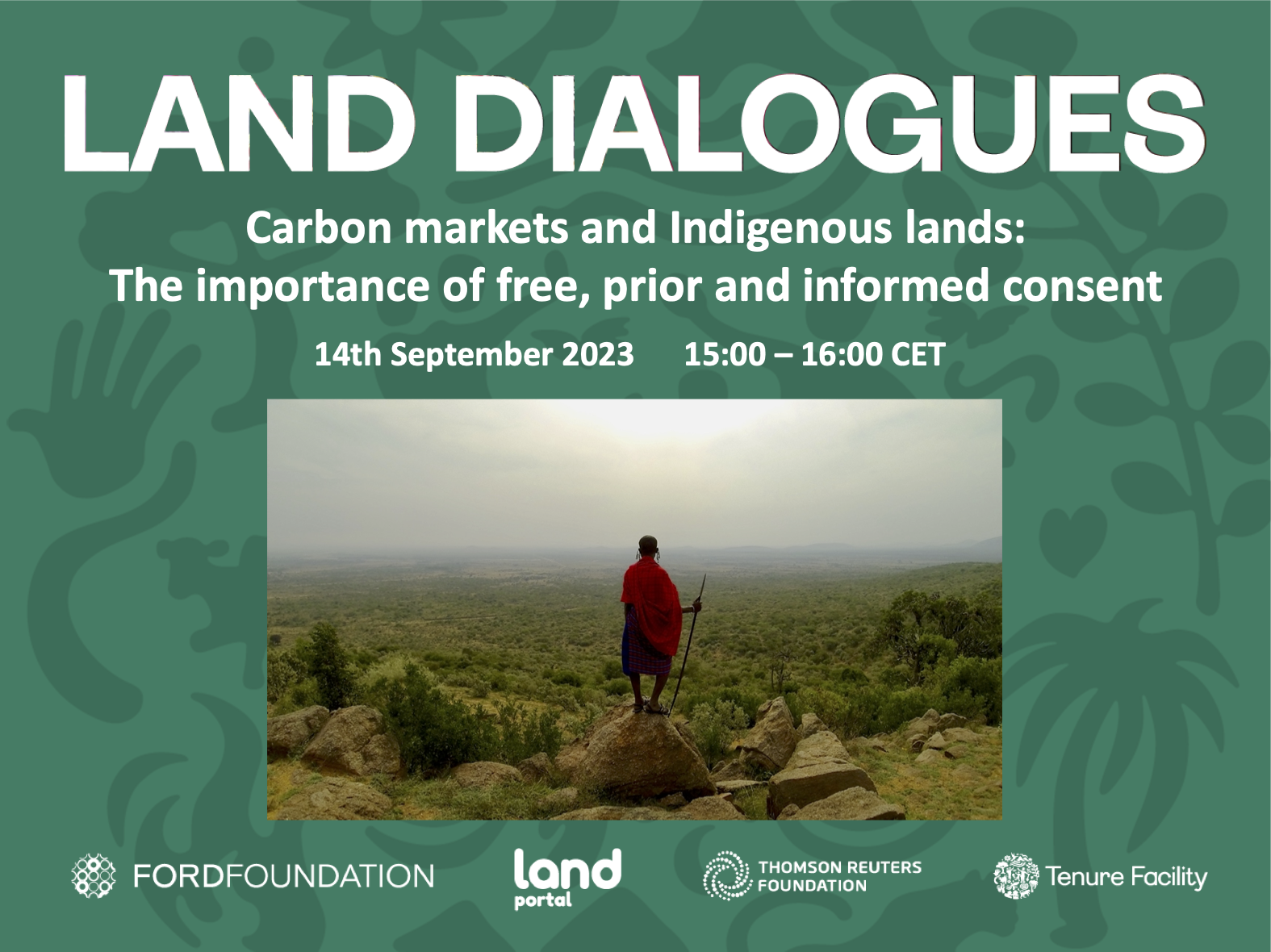
While talk of carbon markets has been prominent recently, forest carbon offsetting has long been controversial. Proponents of carbon offsetting see it as a way to compensate for residual emissions as the global North transitions to a low-carbon economy, while providing much-needed funding for forests. Critics warn that it dispossesses Indigenous Peoples and local communities and reduces forests to their carbon value.
This webinar will focus on the following question: How can free, prior and informed consent be strengthened in the context of carbon markets? The lack of Free, Prior and Informed Consent (FPIC) and other safeguards in these processes is a growing challenge. However, Indigenous communities face a notable absence in terms of their involvement in carbon markets and the social impacts these markets can have on their communities.
Data collection on hectares challenges the current carbon market model, which excludes the daily scenarios of land grabbing and illegal excursions that Indigenous communities face. The carbon market model does not take into account the lack of land rights that many Indigenous Peoples face and struggle for, making them more vulnerable as markets incentivize exploitation. The webinar will also focus on how to incorporate land rights into data collection processes so that we can achieve a highly integrated carbon project and market.